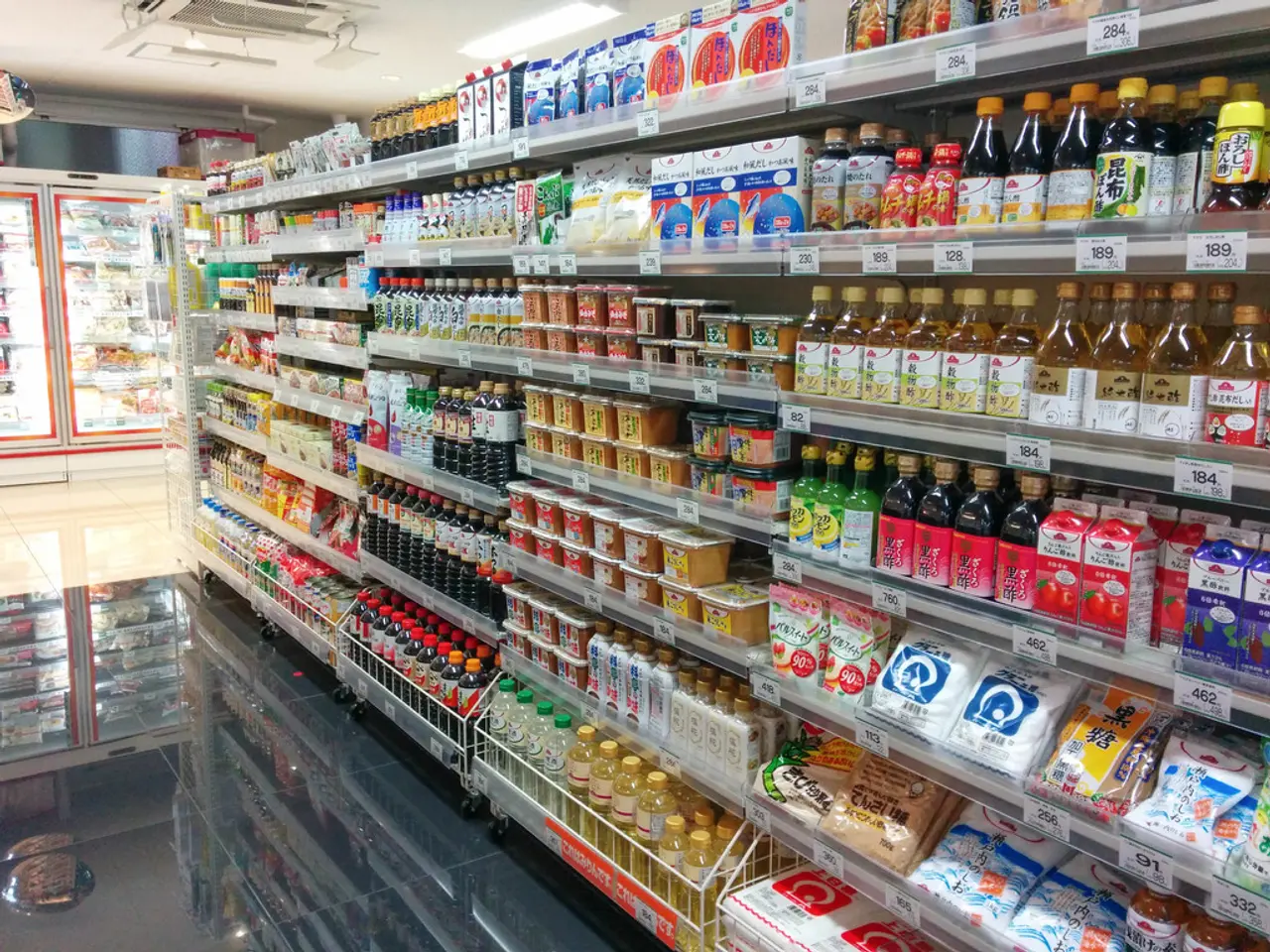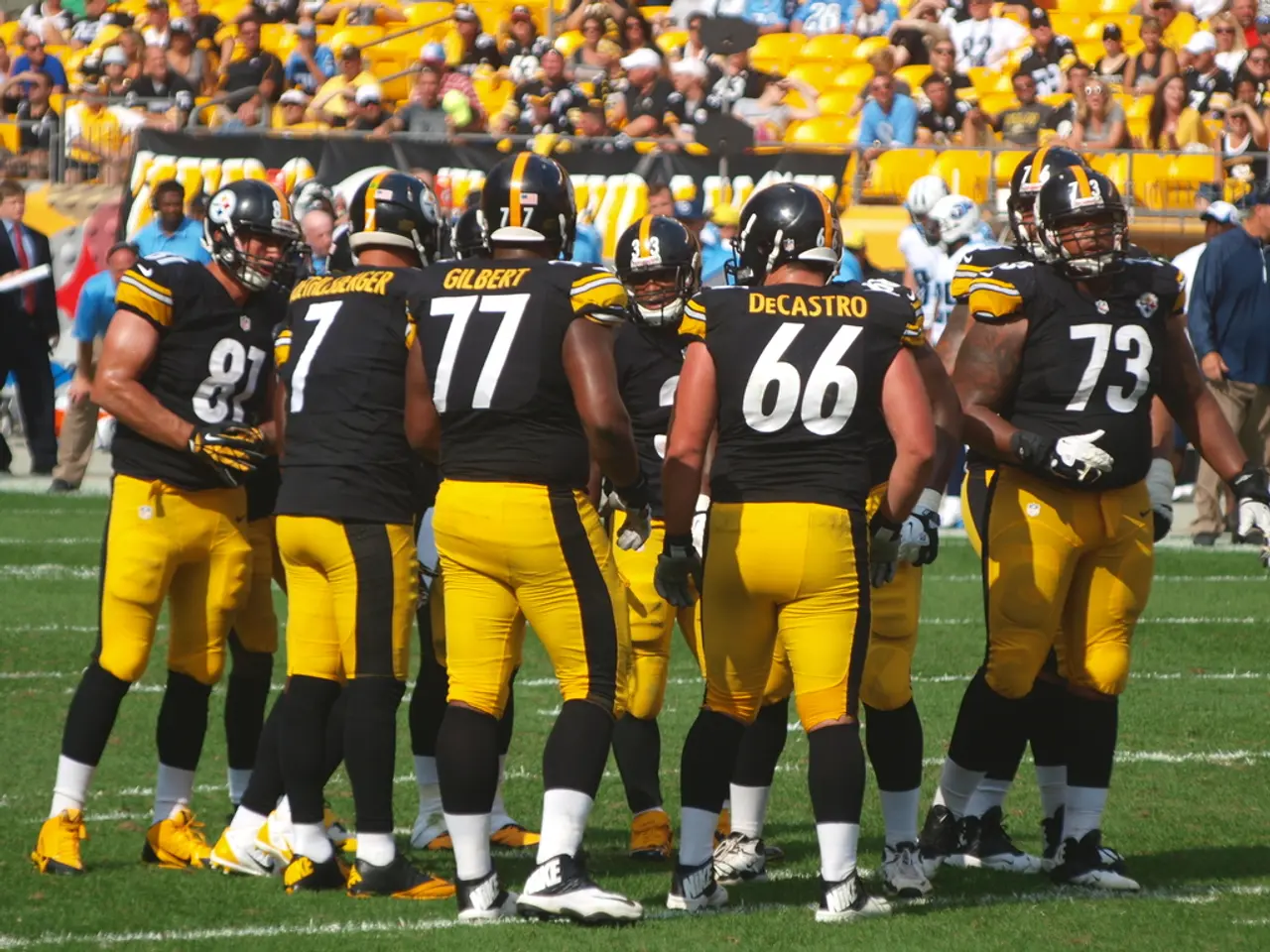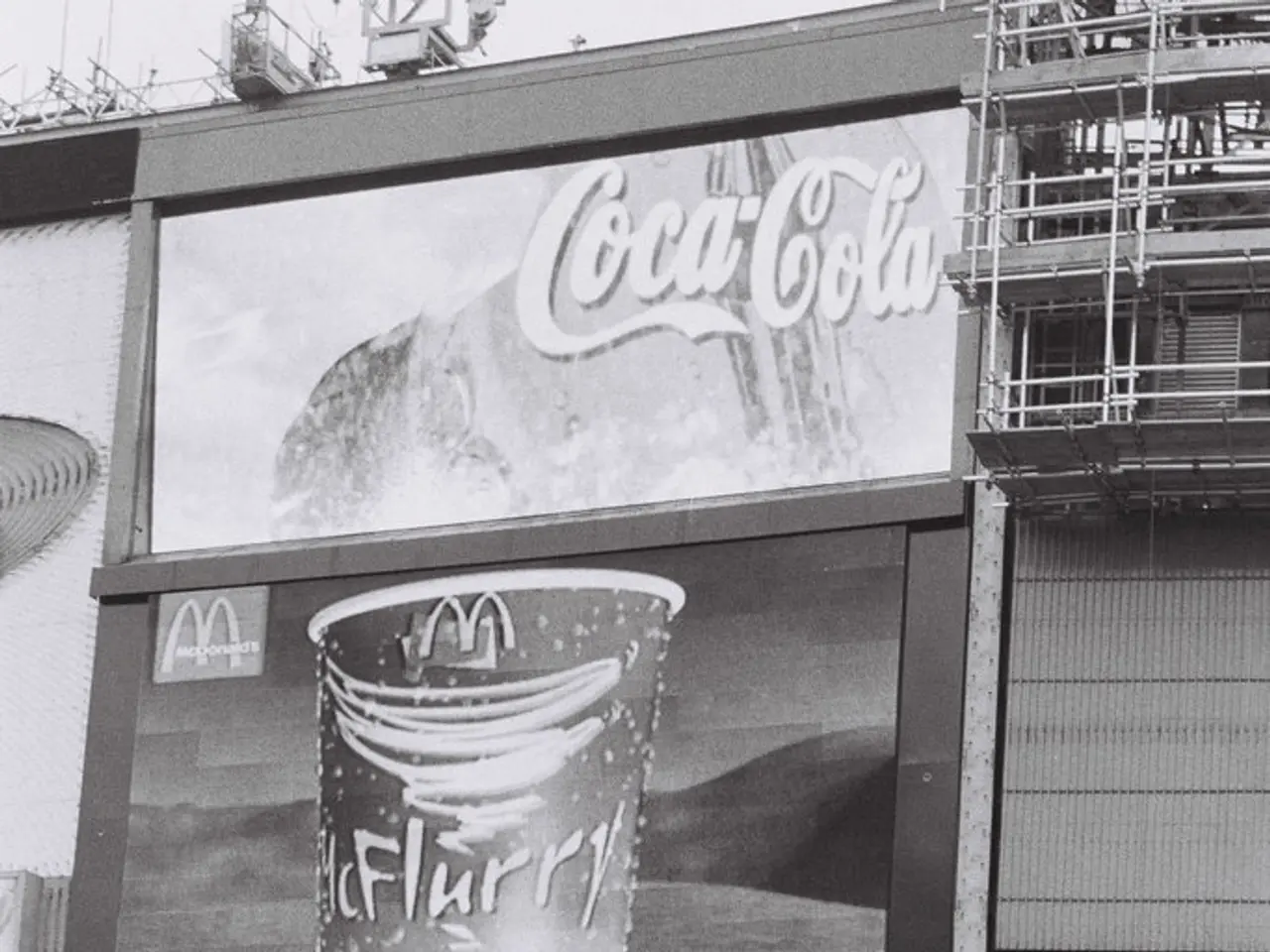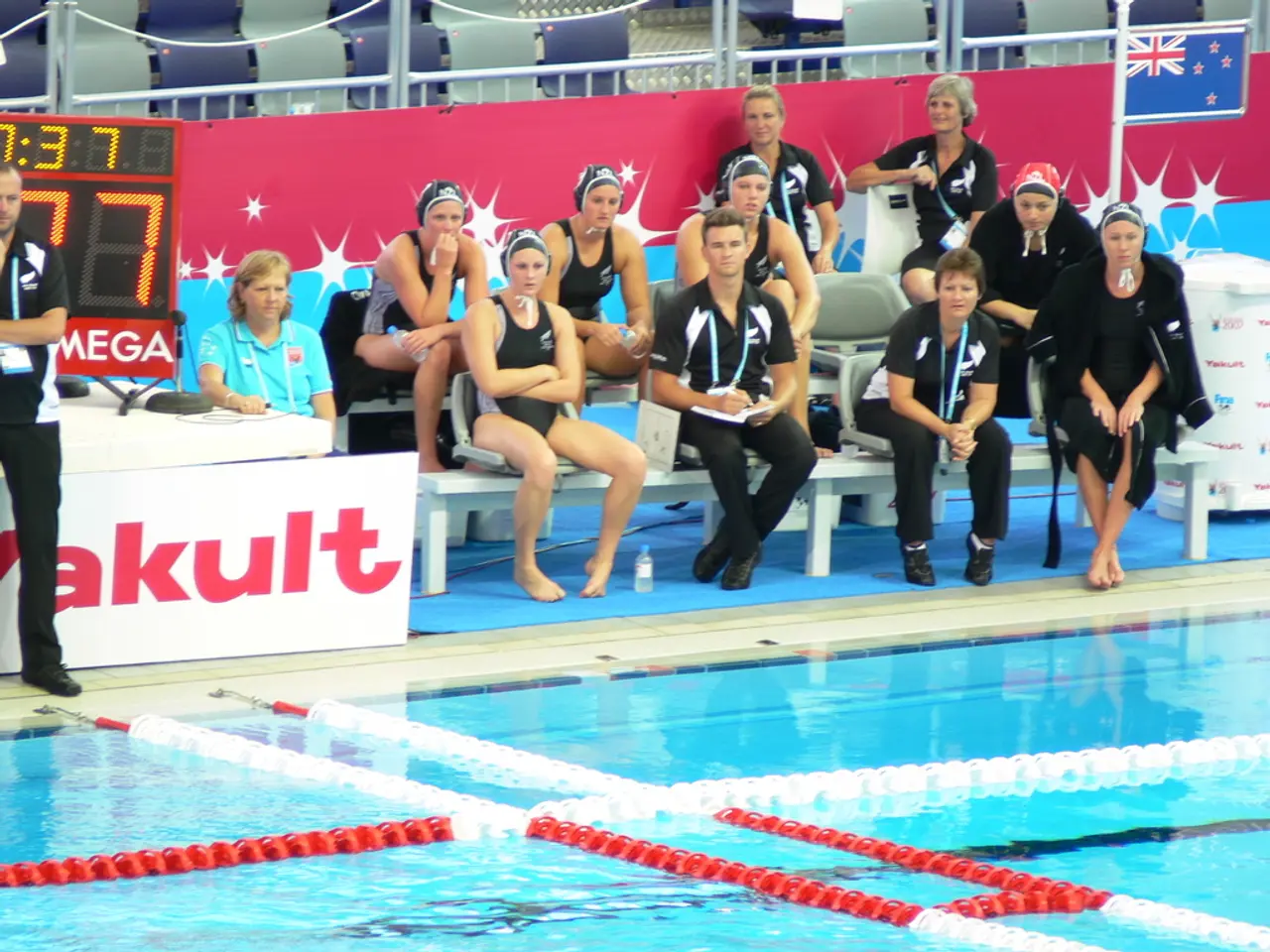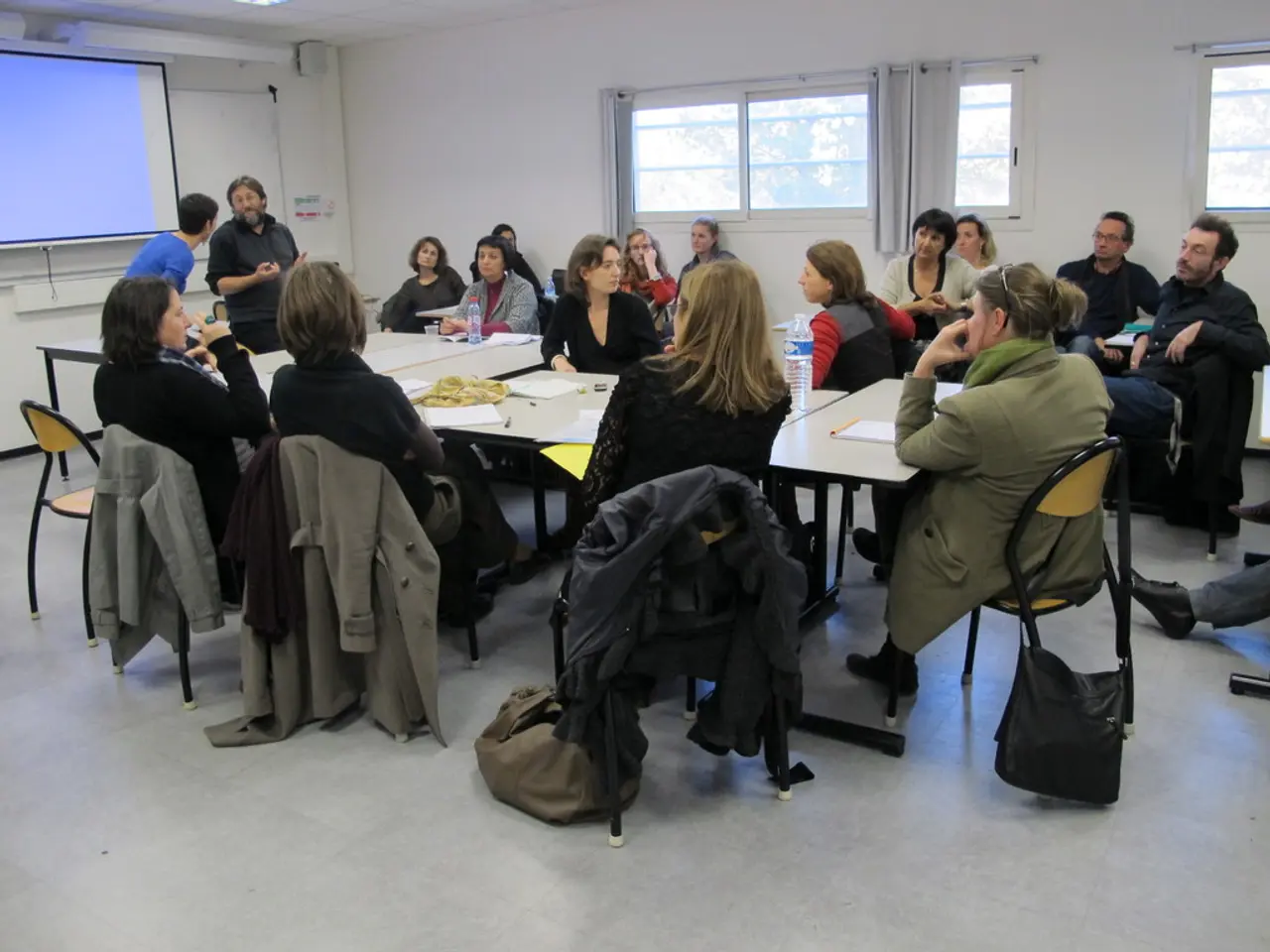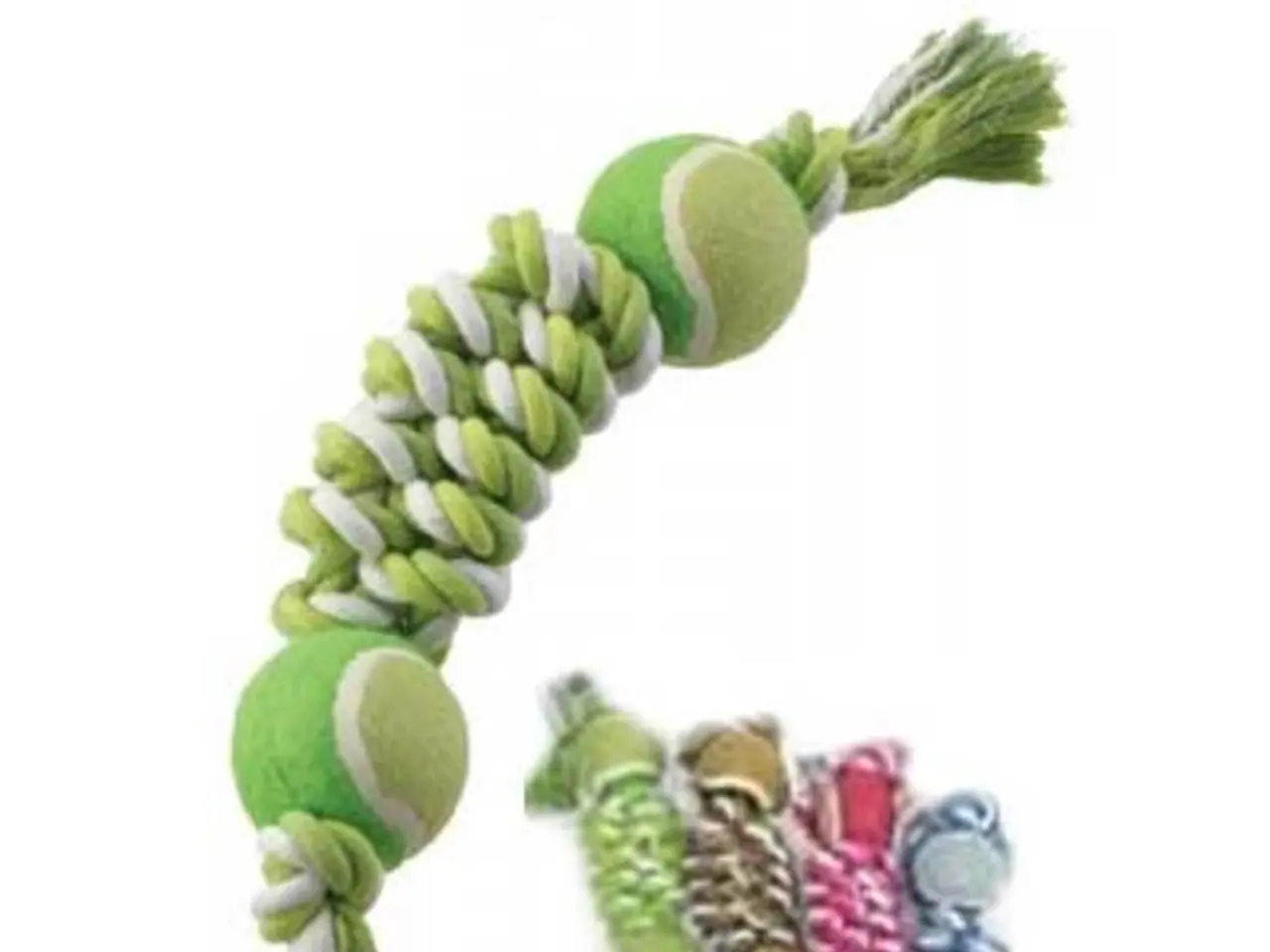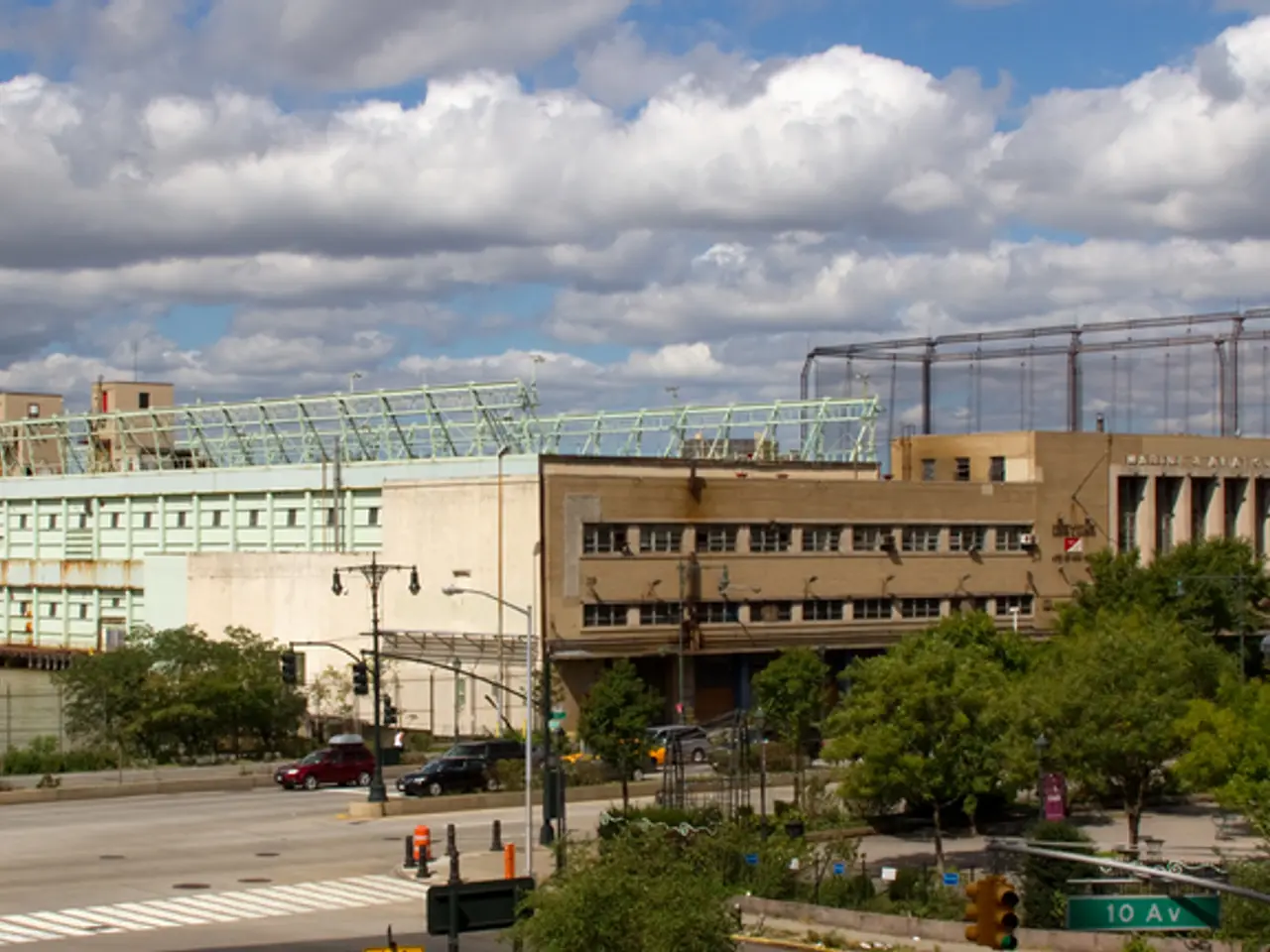Potential Harm of Trump's Tariffs on Brazil's Açai Sector and U.S. Consumers
In July 2025, US President Donald Trump imposed a 50% tariff on Brazilian acai exports, causing a ripple effect throughout the industry. The acai berry, a globally famous superfood, is primarily imported by the US, accounting for an estimated 70,000 tons of Brazil's annual output.
The tariffs have resulted in a sharp decline in demand from the US, the largest importer of Brazilian acai. This decline has led to a surplus of acai berries in Brazil, pushing prices down locally and threatening the livelihoods of producers, particularly small-scale harvesters in the northern state of Pará, where much of the acai is grown.
Key impacts include reduced US demand, a surplus and price drop in Brazil, and economic pressure on producers. American consumers face higher prices for acai products like smoothies and bowls, lowering consumption and demand. The excess acai unable to be exported to the US is accumulating domestically, causing local acai prices to plummet from around USD 50 per crate at local markets. Many small producers and harvesters express concern about finding alternative markets or buyers.
In the night markets of Belem, such as the Ver-o-Peso acai market, freshly harvested berries are brought in by boat and prepared for sale. However, the tariffs are expected to increase prices of acai smoothies and bowls in the US. Ailson Ferreira Moreira, an acai producer, and Rogério de Carvalho, an owner of Acai Tropicalia Mix, have both reported significant losses due to the tariffs. Carvalho reported losing 1.5 million Brazilian reais ($280,000) due to the tariffs.
Acai harvesting is a physically demanding job that requires workers to climb tall trees with minimal safety equipment. Several communities in the Amazon depend on the harvest of acai. Harvesters in Para, such as Mikael Silva Trindade, are concerned about the disruption of the delicate balance of supply and demand caused by the US tariffs.
Notably, the Brazilian Association of Fruit and Derivative Producers and Exporters estimates an explosive growth of acai exports from Para state, from less than one ton in 1999 to over 61,000 tons in 2023. However, this growth has been disrupted by the tariffs.
The U.S. requested consultations at the World Trade Organization over tariffs imposed by the Trump administration against Brazil on Wednesday. Acai producers hope that this action will lead to a resolution and the removal of the tariffs, allowing the industry to recover and continue its positive impact on the environment, as acai producers help protect the rainforest from illegal loggers, miners, and cattle ranchers.
References: 1. BBC News 2. The Guardian 3. The Washington Post
- The government of the United States, through President Donald Trump, imposed a tariff on Brazilian acai exports, affecting businesses in Seattle that rely on the superfood for their acai bowls and smoothies.
- Despite the declining demand from US consumers, acai producers in Seattle, such as Acai Tropicalia Mix, have reported significant losses due to the tariffs.
- In the discussion of climate change, companies like Microsoft and Amazon based in Seattle might consider the potential impact of US tariffs on acai exports on the environment, as acai producers in the Amazon help protect the rainforest from deforestation.
